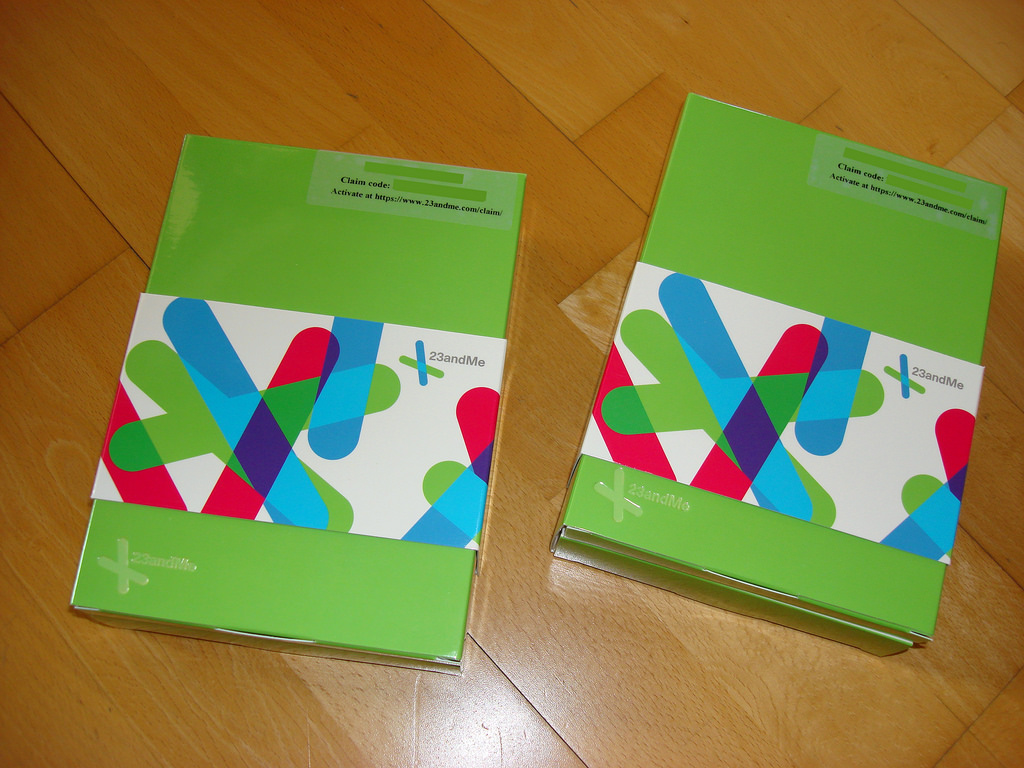We Tried To Find 10 BuzzFeed Employees Just Like Cops Did For The Golden State Killer
By Peter Aldhous,
Buzzfeed
| 04. 09. 2019
A year ago, when cops captured Joseph James DeAngelo, the suspected Golden State Killer, the world woke up to the power of genetic genealogy. DeAngelo was identified because DNA he left at the scene of a 1980 double murder partially matched the profiles that a few of his distant relatives had uploaded to a public website to research their family history. Based on those matches, a team of detectives drew up family trees that eventually led them to DeAngelo, suspected of at least 13 murders and more than 50 rapes.
In the year since, more than 50 other criminal cases have been cracked using similar methods, launching a new forensic science industry. One estimate has suggested that more than half of the US population could be found in this way — although genealogists have warned that, in practice, complications like adoptions or misunderstandings over who is the biological father of a child can throw an investigator off track.
How hard is it to crack cases in this way? And what issues does it raise, as police recruit...
Related Articles
By Scott Solomon, The MIT Press Reader | 02.12.2026
Chris Mason is a man in a hurry.
“Sometimes walking from the subway to the lab takes too long, so I’ll start running,” he told me over breakfast at a bistro near his home in Brooklyn on a crisp...
By Diaa Hadid and Shweta Desai, NPR | 01.29.2026
MUMBRA, India — The afternoon sun shines on the woman in a commuter-town café, highlighting her almond-shaped eyes and pale skin, a look often sought after by couples who need an egg to have a baby.
"I have good eggs,"...
By George Janes, BioNews | 01.12.2026
A heart attack patient has become the first person to be treated in a clinical trial of an experimental gene therapy, which aims to strengthen blood vessels after coronary bypass surgery.
Coronary artery bypass surgery is performed to treat...
By Staff, ScienceDaily | 01.05.2026
Scientists at UNSW Sydney have developed a new form of CRISPR technology that could make gene therapy safer while also resolving a decades-long debate about how genes are switched off. The research shows that small chemical markers attached to DNA
...




